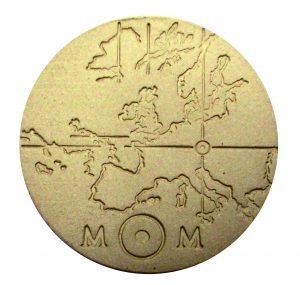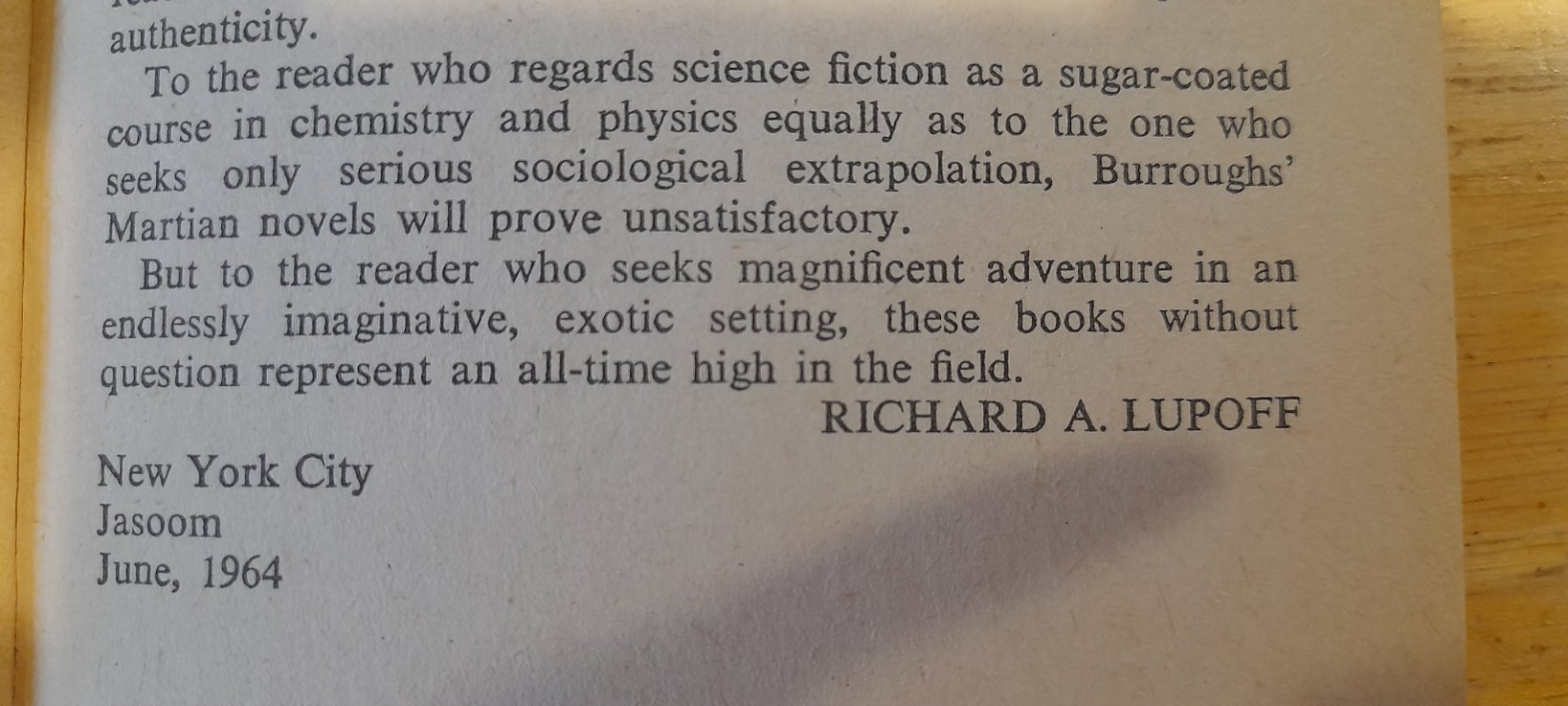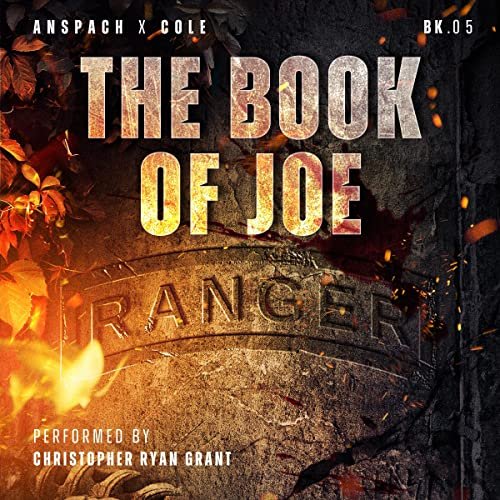Linkfest 2022-07-01: Memory of Man

It certainly feels useful to be able to access so much information using the Internet, but if you step back that information is disturbingly ephemeral. Even printed books aren’t that permanent, readily destroyed by time and accidents. The longest lasting material we have for written records is also very simple: baked clay.
This particular project is using modern ceramics, but the principle is much the same.
One of my earliest memories of my father was watching him walk out the door.
He was still in high school when I was born. I know this to be true because I was present at his graduation. Some months earlier he had taken some time off from school to go to work with his father in Oklahoma. While there, he met a beautiful, fiery Choctaw girl and began a whirlwind romance. Or perhaps better, a tornadic affair that left much debris scattered in its wake. Some of which was me.
In my Tribe: Milton Friedman's Macroeconomic Legacy, 6/27
I’ve had my doubts about the whole field of economics, but that doesn’t mean economists are dumb. This assessment of Milton Friedman by Arnold Kling is good evidence of what I mean.
American Compass: With All Due Respect to the Experts
Oliver Traldi continues his exploration of just what expertise really is, and what it might be good for.
Compact Magazine: The GOP’s War on Economic Populists
John J. Reilly used to call the low-taxes small-government bias of the GOP “capital gains zombies”. GAINS. GAINSSS.

Chron: 'Mystery rocket' that crashed into the Moon baffles NASA scientists
Or perhaps it is known, as the following Tweet suggests:


DarwinCatholic: Crisis Pregnancy: a Personal History
A very real look at what being prolife means, from friends of the blog DarwinCatholic.

Forgotten Ruin book five: The Book of Joe is out on Audible. Why not check out my review?

The Long View 2006-10-03: Religious Studies; Humans versus Homo Sapiens
Human, homo sapiens, and person are not just different things, but different kinds of things. A human is an essence (if you don't believe in essences, then you don't believe in humans; maybe that's Peter Singer's problem); a homo sapiens is a kind of monkey; and a person is a phenomenon. Perhaps I read too much science fiction, but it is not at all clear to me that every human must necessarily be a homo sapiens. (As for the converse, C.S. Lewis occasionally toyed with the possibility that not every homo sapiens need be human; so have I, though I'd rather not pursue the matter.) As for "person," I think this kind of argument conflates the primary meaning of "person," which is an entity, conscious or otherwise, that you can regard as a "thou," with the notion of "person" as an entity able to respond in law, either directly or through an agent.
…
A final point on this matter: the human-life question will turn out to be epiphenomenal to the end of the abortion era. Contraception, abortion, and homosexuality were all features of a human-rights package that was designed, at least in part, to lower the birthrate. The intellectual and cultural climate on this issue is changing very rapidly. The interesting thing is that, whereas the courts that created these rights tended to avoid the suggestion that they were really implementing a population-control program, the courts now seem open to explicitly pro-natalist arguments.
Comments ()